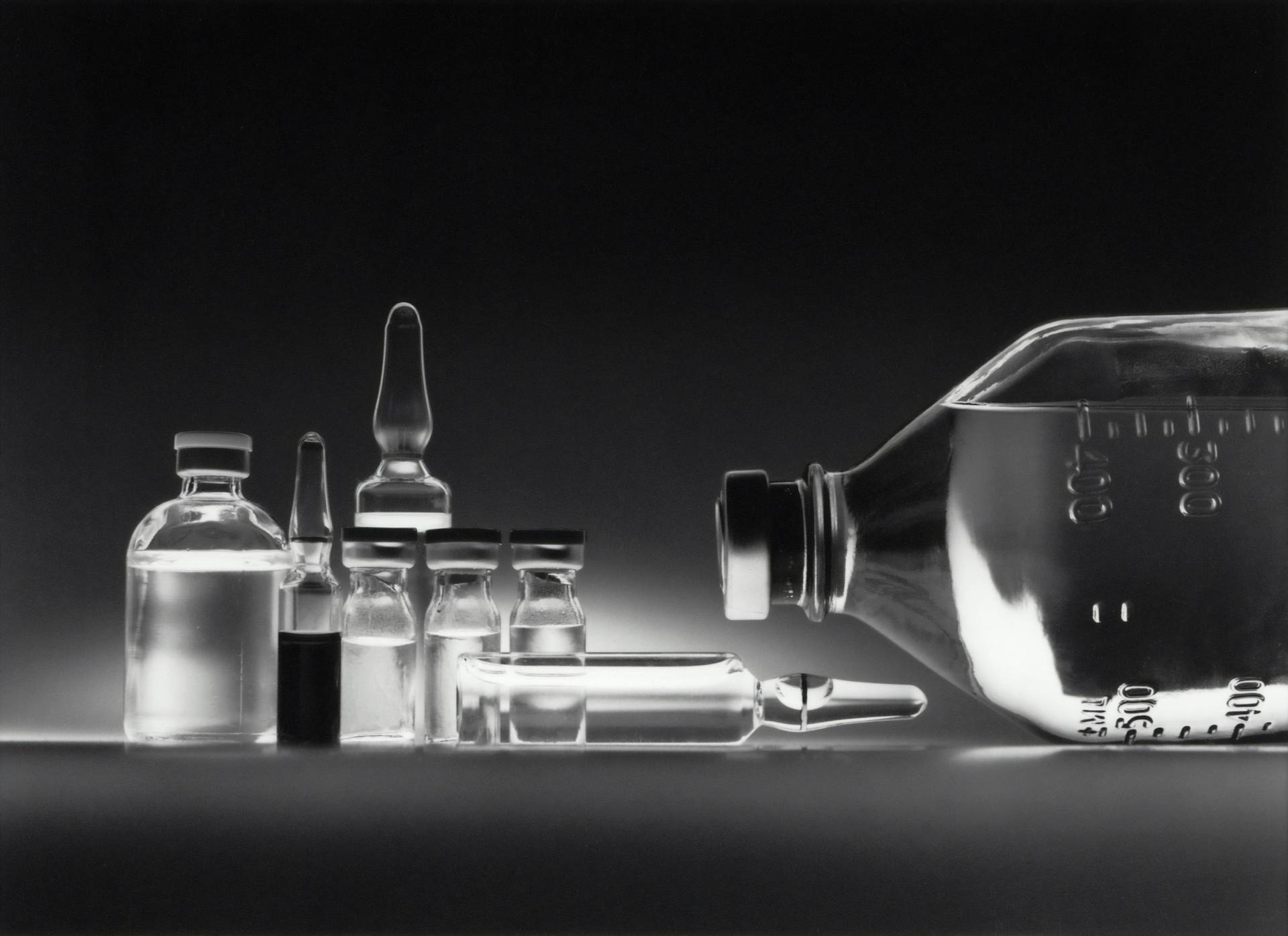Have any question?
Pharma
The pharmaceutical industry mainly depends on a diverse range of chemicals to produce pharmaceutical products. These chemicals are used in various stages of drug development, manufacturing, and quality control. Remik manufactures them with utmost care and in controlled environments that comply with all safety and quality standards. Here are some chemicals used in the pharmaceutical industry that are available with Remik.
- Active Pharmaceutical Ingredients (APIs)
APIs are the primary chemicals that give a pharmaceutical product its therapeutic effect. Common examples include antibiotics, antipyretics, analgesics, and cardiovascular drugs.
- Excipients
Excipients are inert substances added to pharmaceutical formulations to improve the stability, bioavailability, and palatability of the active ingredients. Examples include binders, fillers, disintegrants, and lubricants. - Solvents
Solvents are used in various processes, such as extraction, synthesis, and formulation. They play a crucial role in dissolving or suspending active ingredients. Common solvents include water, alcohols, and organic solvents.
- Intermediates
Chemical intermediates are compounds produced during the synthesis of APIs. They serve as building blocks in the manufacturing process. - Packaging Materials
Chemicals used in the production of pharmaceutical packaging materials, including polymers, coatings, and adhesives.
- Cleaning Agents
Cleaning agents are employed to ensure equipment and facilities meet stringent cleanliness standards, particularly in Good Manufacturing Practice (GMP) environments.
